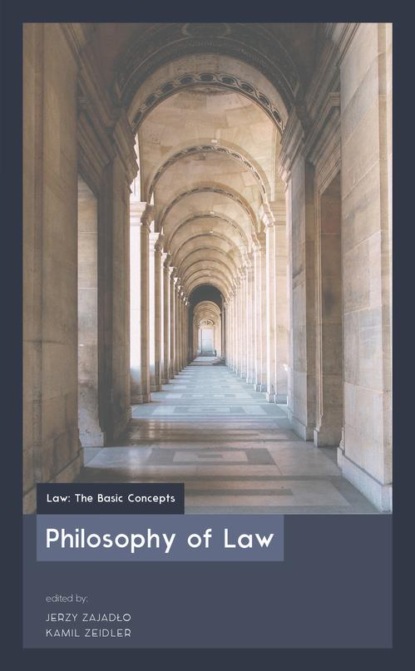0+
Raamatust
University studies mean the critical reading of texts, and also reflection. The latter should be stimulated by lectures and tutorials, and by discussion. In an attempt to meet the needs of students, we offer here a handbook (in English) for the study of the philosophy of law. An innovative idea underlies this handbook – teaching an aspect of law through questions and answers. It is based on a philosophical approach to the study of law. In preparing this handbook, the authors have drawn on English-language models – in the first instance, on the Routletge Questions & Answers Series: Jurisprudence 2013–2014 by David Brooke (New York 2013). We have proceeded from a position that the subject of philosophy of law may be dealt with in five sections. These are: (I) methodology; (II) people; (III) approaches; (IV) concepts; and (V) hard cases. The contents of our book reflects this division into parts. At the outset, however, we must mention some reservations. First, this handbook considers problems of contemporary philosophy of law, but it is by no means a handbook of the history of philosophy of law. Second, this handbook has a module-based organization. In the future, it will be possible to change these modules as required. Thus, it is an open-ended offering, which will certainly – and this was part of the project from the start - be subject to further changes, supplements, and modifications in subsequent editions.
